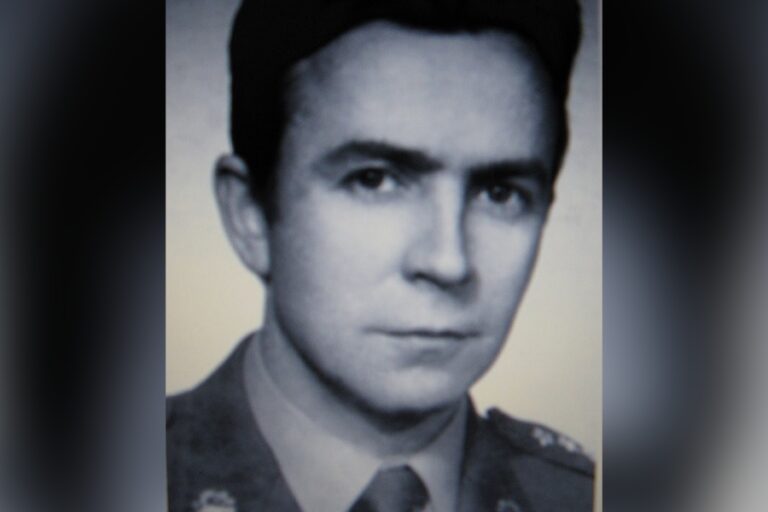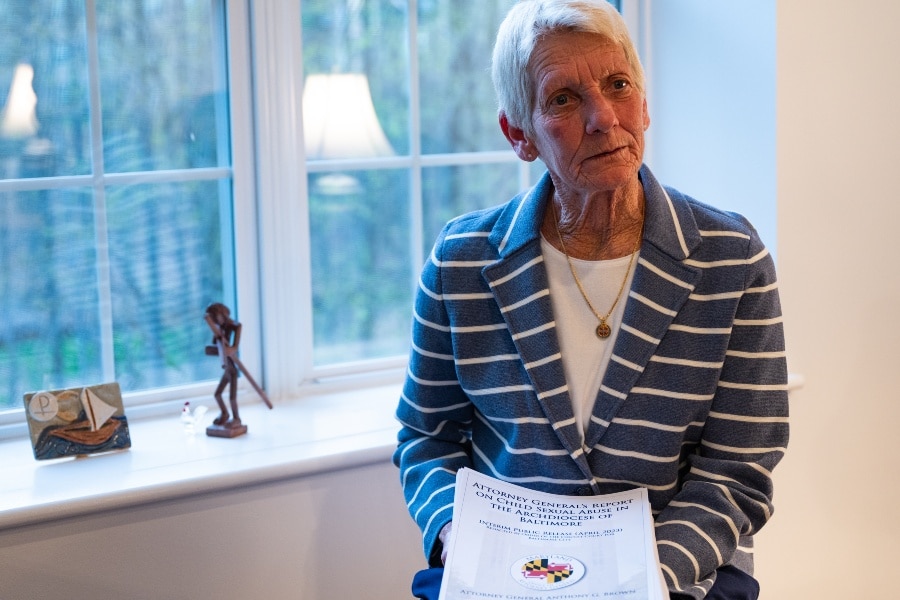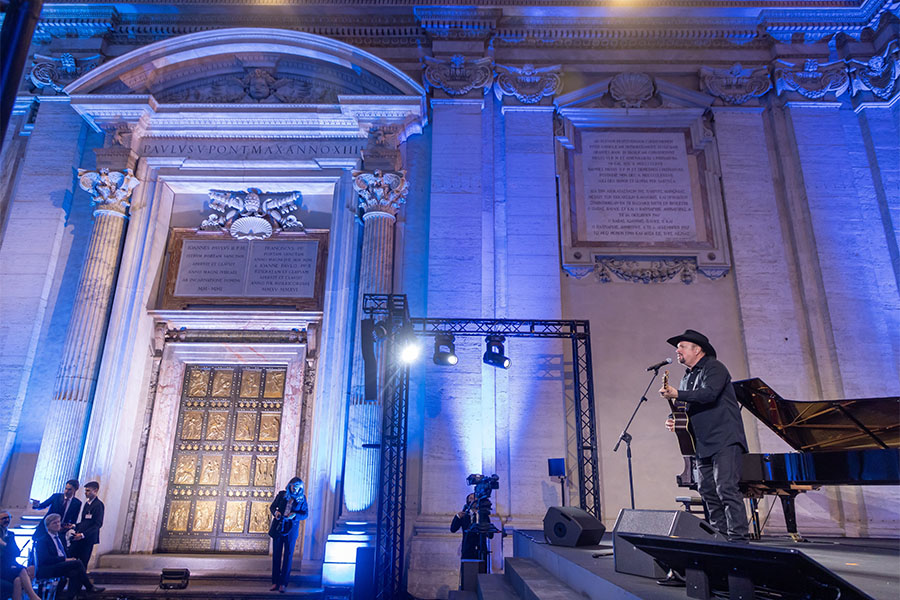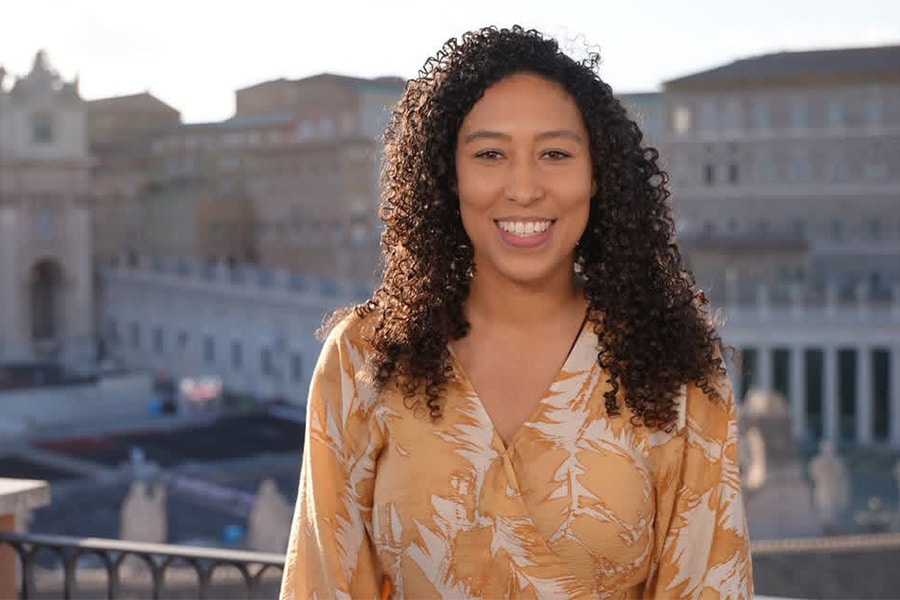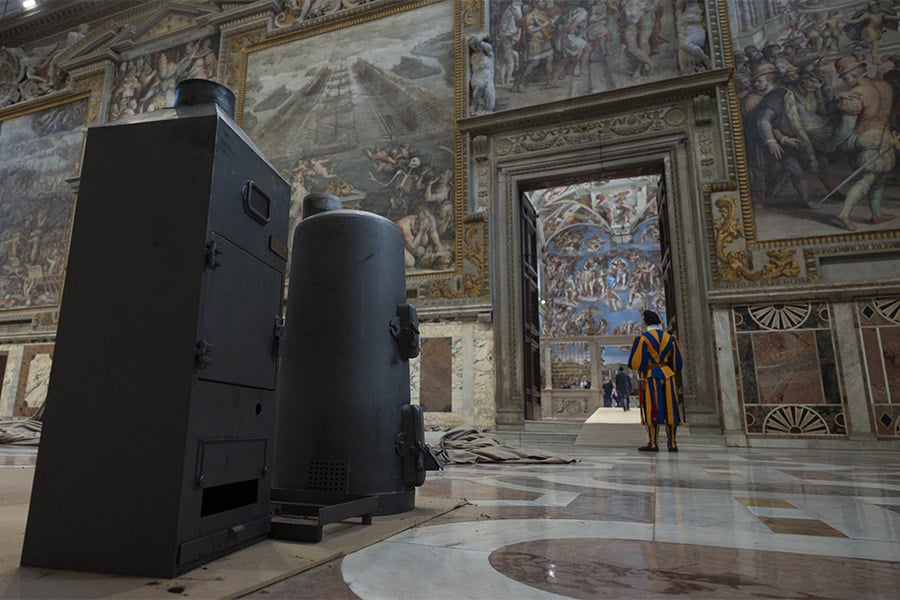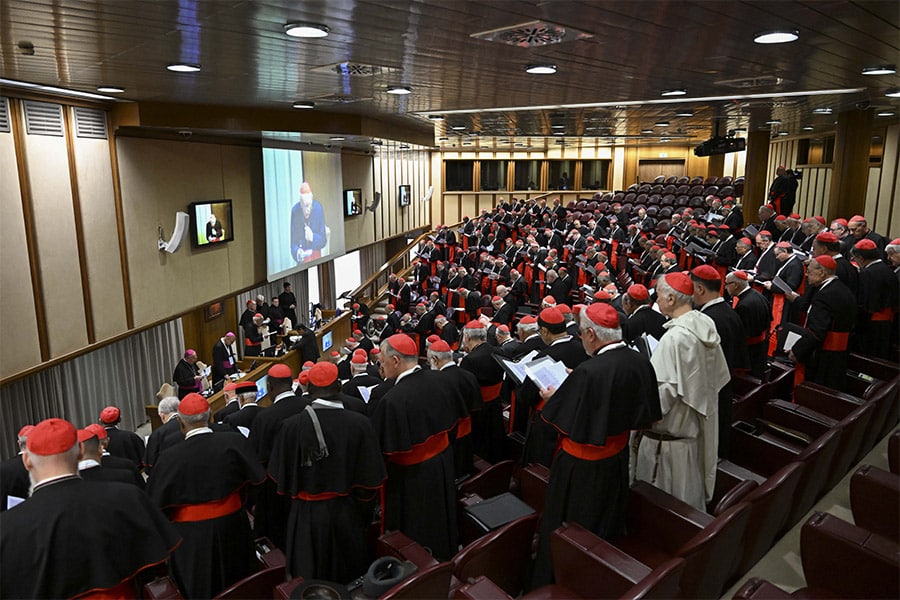KRAKÓW — Thanks to the pandemic, it’s been two years since I was last in Kraków, where for three decades I’ve done extensive research and taught great students while forming friendships with many remarkable people. It was wonderful to be back in one of the world’s greatest cities, and soon after I arrived in late June, I took a long walk to see what had changed. The first major difference I noticed was that the plaza in front of the central railway station (named for my late friend Jan Nowak-Jeziorański, a World War II courier for the Polish Home Army and the man from whom the future John Paul II got real news via Radio Free Europe’s Polish service) has a new, strikingly modern memorial, dedicated to the memory of Colonel Ryszard Kukliński.
That name is not well-known throughout a western world that has largely forgotten the meaning and lessons of the Cold War. But if Jan Nowak-Jeziorański was right when he spoke about the Polish colonel in the mid-1990s, Ryszard Kuklinski was a genuine hero of the long, twilight struggle against communist totalitarianism — the man who helped prevent a bloody Soviet invasion of Poland to crush the nascent Solidarity movement.
An accomplished officer in the communist-era Polish Army, Ryszard Kukliński began to doubt the truth of what he had been told about the West when, as a member of an international commission, he met American military men in Vietnam in the mid-1960s. His doubts about communism and its purposes intensified by orders of magnitude in 1968, when the brutal Warsaw Pact invasion of Czechoslovakia ground the Prague Spring to dust under the treads of Soviet tanks, and in 1970, when the Polish army shot Polish workers during labor strife. Privy to some of the Warsaw Pact’s most confidential strategic plans, he became convinced that, if the Cold War turned hot and the east bloc attacked the West, the Soviets would sacrifice Poland as retaliatory western tactical nuclear strikes hit the second wave of Warsaw Pact troops pushing west. So, in 1972, Kukliński, risking his life and his family’s safety, offered his services to the United States and for the next nine years was the West’s most important intelligence asset behind the iron curtain.
His greatest service to Poland and the cause of freedom came in the later months of 1980. Thanks to his efforts, the United States knew the entire order-of-battle the Soviet Union had organized to stamp out Solidarity, which had held its first formal congress in September 1980. With that information, and working in concert with the incoming Reagan administration, outgoing national security adviser Zbigniew Brzeziński, with the help of the AFL-CIO’s Lane Kirkland, was able to organize a comprehensive western response to a potential Soviet invasion of Poland: an international economic blockade that would have severely damaged the already-staggering Soviet economy. Faced with economic ruin, the Soviet leadership backed down and the Warsaw Pact divisions that had surrounded Poland withdrew.
Colonel Kukliński and his family were exfiltrated to the West; two of his sons later died under dubious circumstances that may have involved Russian retribution, and Kukliński lived out his life under an assumed name in the United States, dying in 2004. There was public controversy when he returned to his native Poland for a 1998 visit, with some charging that he had violated his officer’s oath by working for American intelligence for a decade. John Paul II, through various intermediaries, quietly passed the word that Kukliński was to be regarded in Poland as a national hero. Zbigniew Brzeziński, who held the exact same view, put it brilliantly, in a comment that appears on the Kukliński Memorial in Kraków: Colonel Kukliński was “the first Polish officer in NATO.”
Communism was a distinctive form of the culture of death, for the effort to create “Homo Sovieticus” was a lethal assault on souls. Colonel Ryszard Kukliński took a courageous stand against that particular culture of death, knowing as he did that freedom is never cost-free: freedom lived nobly always requires sacrifice. His example should be pondered by Catholic citizens and Catholic public officials throughout the West today, who are called to resist, with similar moral courage and effect, that form of the culture of death that masquerades as the ideology of “choice.” May we and our elected officials be as principled and brave as the Polish officer who took what John Paul II described at the United Nations in 1995 as the “the risk of freedom.”
Copyright © 2021 Catholic Review Media

